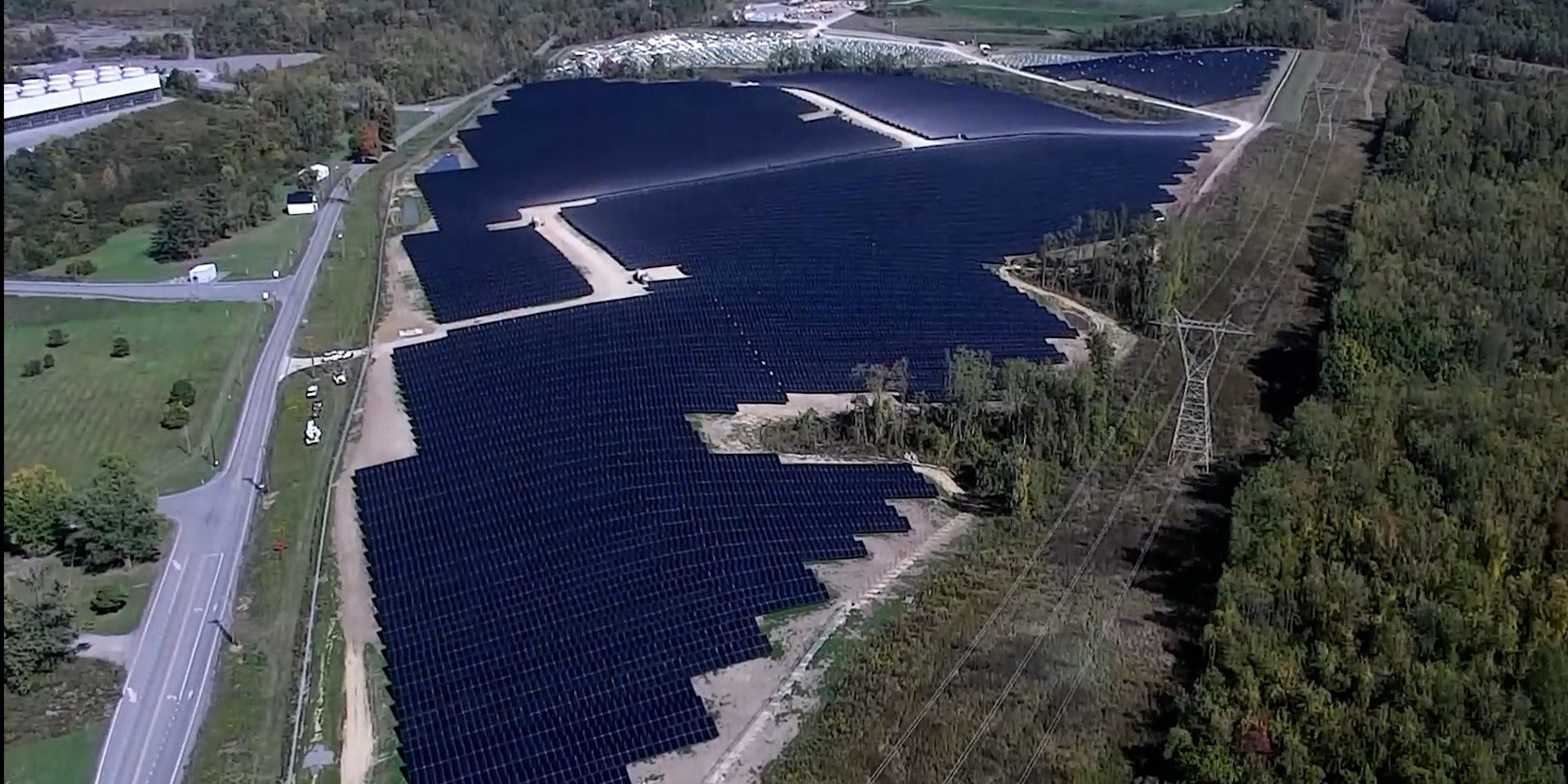CHARLESTON, W.Va. — The state Public Service Commission is expected to rule soon on a settlement that will impact the solar energy industry in West Virginia.

Dan Conant
Mon Power and Potomac Edison, with subsidies from First Energy, have reached a net metering settlement that will affect homeowners, businesses, non-profits, and schools that use solar panels.
The proposed settlement was announced earlier this month and is awaiting a decision from the PSC.
Solar Holler, Solar United Neighbors, Energy Efficient West Virginia, the PSC West Virginia Consumer Advocate Division, and the Citizen Action Group successfully argued cutting the rate for the power panels sent back to the grid by as much as 7 cents was not fair. The current rate is 11 to 13 cents, and the First Energy proposal would have cut that rate to 6.6 cents, according to Dan Conant, founder and CEO of Solar Holler.
“We made the case that what First Energy was proposing in terms of cutting the value of solar by more than half just wasn’t fair to families and folks that have solar panels,” Conant said.
The settlement provides a grandfather clause for people with solar equipment and for those who plan to add a solar option by the end of the year. The existing customers will be able to keep the grandfather rate for the next 25 years as well.
“You get one credit for a kilowatt hour for every kilowatt you put on the grid,” Conant said. “So, a full one-to-one retail net metering if you apply to hook in your panels by this December.”
Conant participated in the case and said the argument for the new rate was centered around everything First Energy does not have to do when the energy they sell to customers is sent back to the grid by a customer with solar panels. Costs associated with power plant operations, capacity, and high voltage line operations are all costs that the team delineated in order to reach the settlement.
“As a result of that math and negotiation, we were able to come up with a new rate that is 9.3 cents, which every family, church, farm, and factory will be able to get across the state,” Conant said.
Conant said the settlement terms for net metering are some of best in the country.
As part of the settlement, net metering rates will fluctuate as the market changes each year.
“So, there’s a natural built-in adjustment period every year, and it can go up or down,” Conant said. “It just depends on what the true value of the electricity is each year.”
Conant said they stopped selling in the First Energy service area last fall as the case was negotiated, but he said they are fielding questions and working with potential customers again. In 2023, Solar Holler did about $20 million in business, and Conant hopes to push that number closer to $30 million this year.
“We have 105 full-time staff around the state of West Virginia, including electricians, awesome unionized crew members that bring the projects to life, but also the finance people, designers, engineers, and everybody,” Conant said.
If approved by the PSC, the rate becomes effective March 27. Customers applying for net metering on or after Jan. 1, 2025, will be subject to the new rates.



